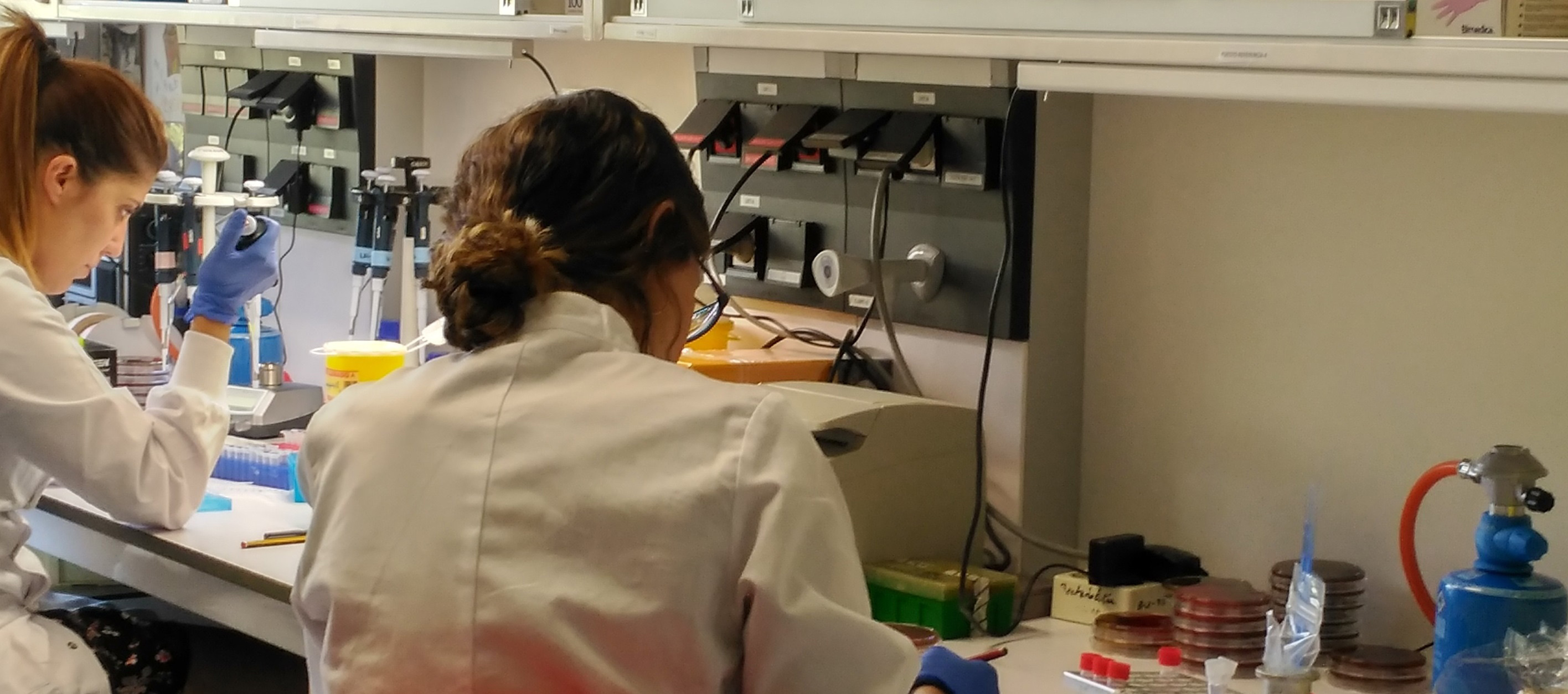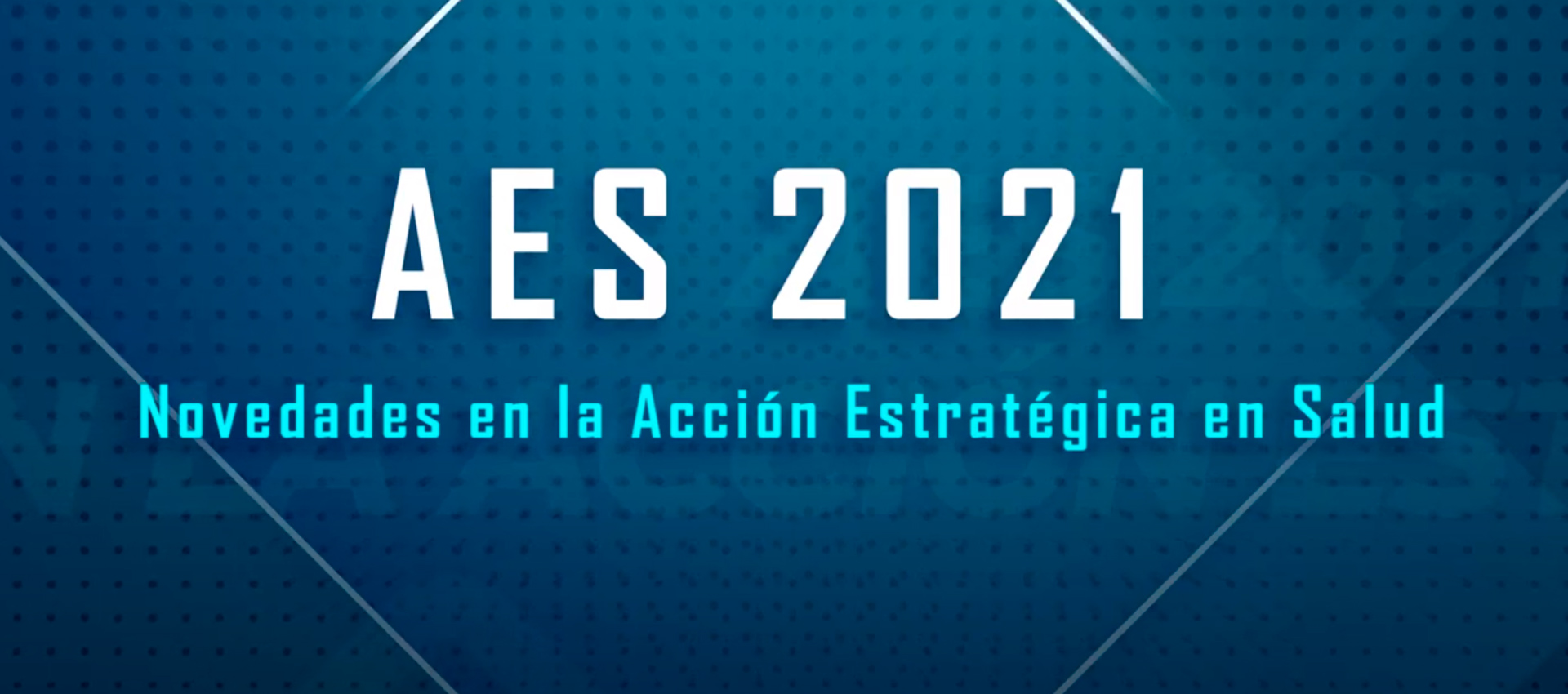
News
Communication and design unit
T +34 848 422 201
/es/servicios/unidades-de-apoyo/comunicacion-y-diseno
Author
Navarrabiomed
Strategic Action on Health 2021: Better Salaries, A CIBER for Infectious Diseases and New Research Networks

https://www.youtube.com/watch?v=gLcx2o2CV3k&feature=emb_title
Novedades en la Acción Estratégica en Salud AES 2021
